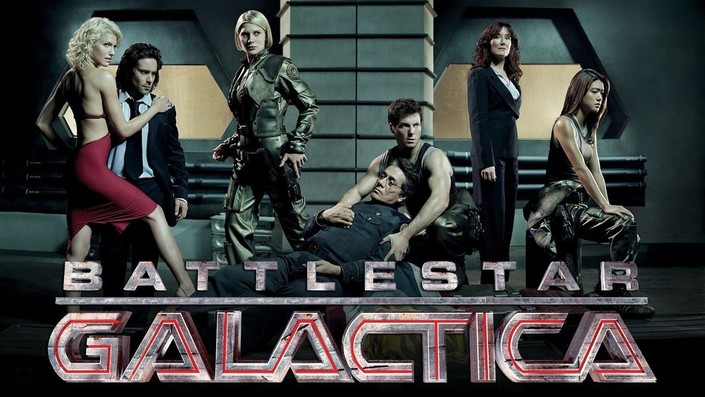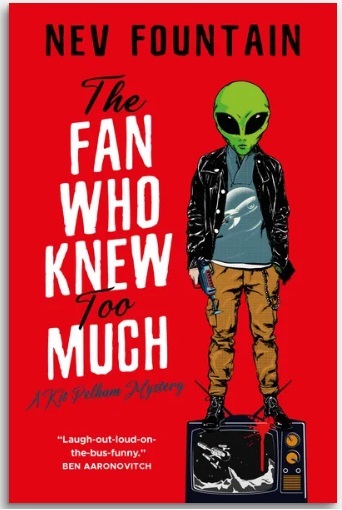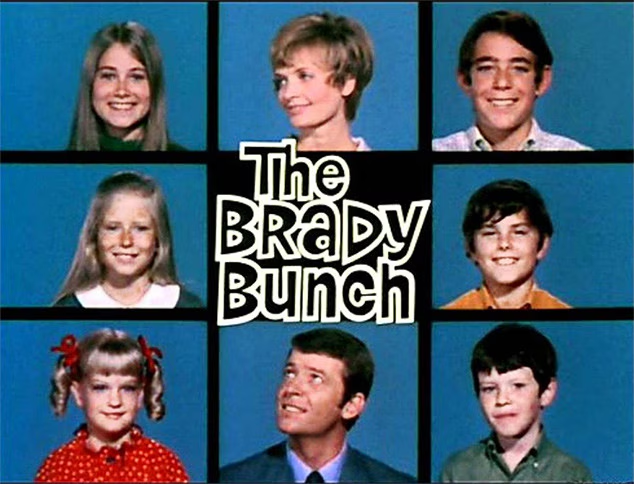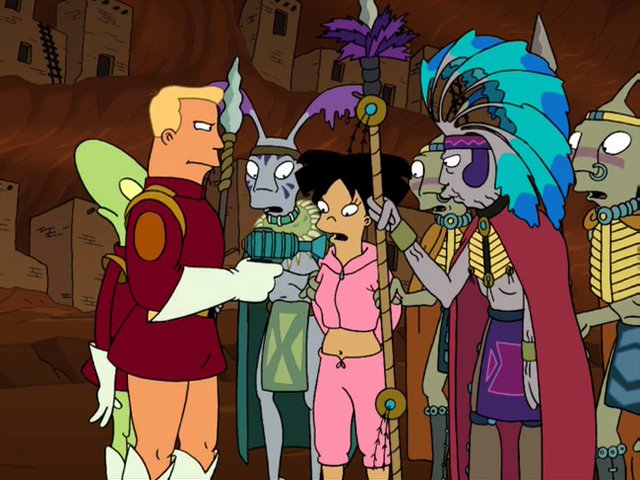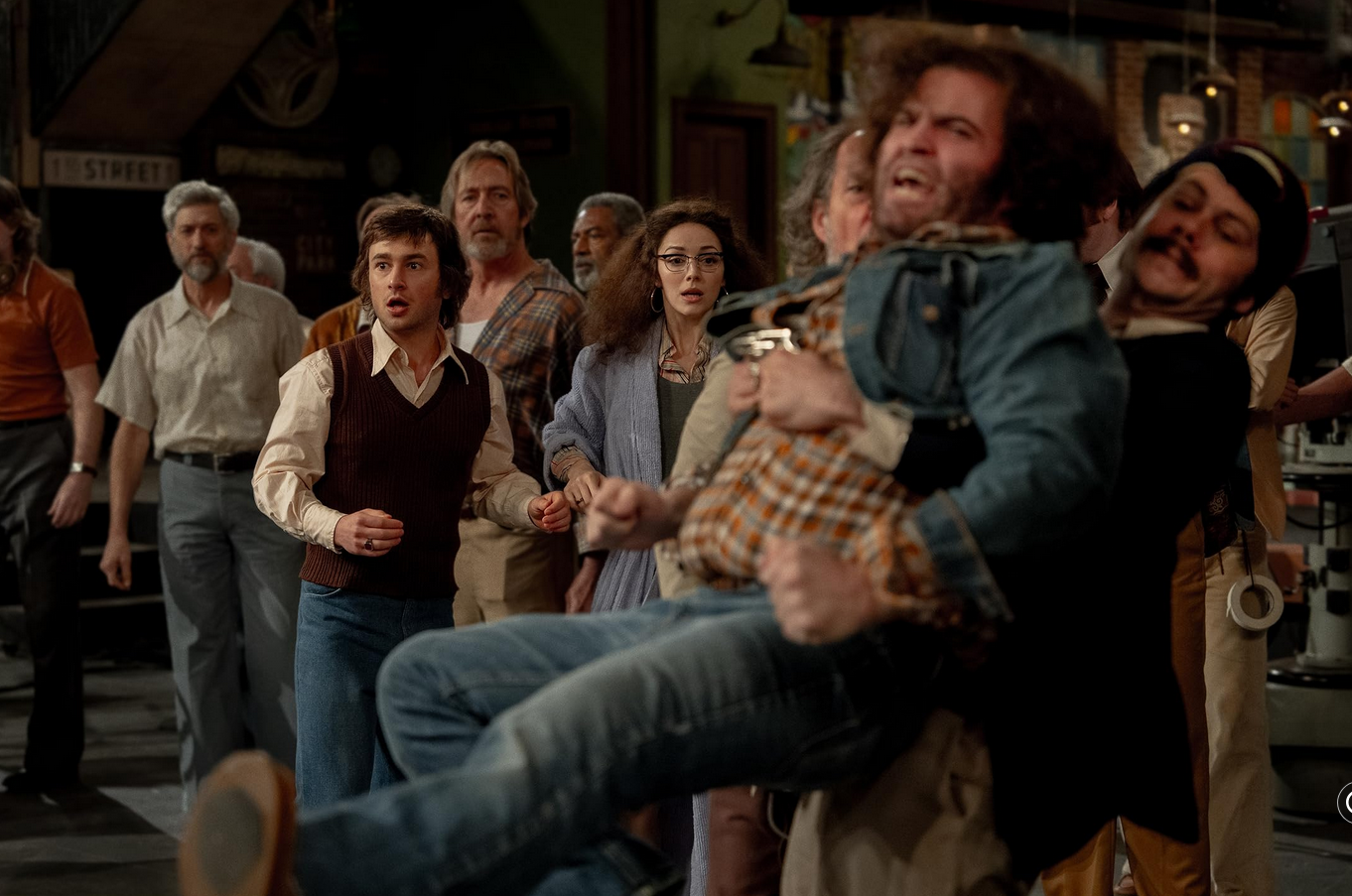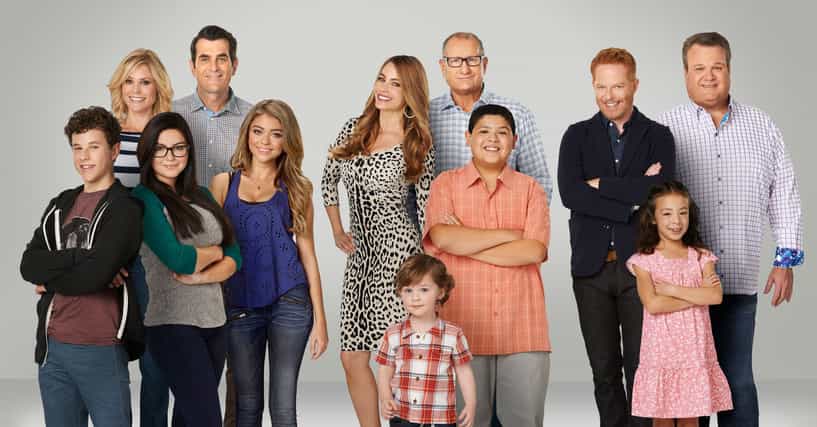
Original call here. Exploitation. Lowbrow. Cult. Underground. Trash. Poverty Row. Programmers. Pulp. Popular. Mass. … These descriptors of the “B” movie apply just as well to what we term “B-TV,” as they describe an aesthetics derived from the industrial realities that produced them.
